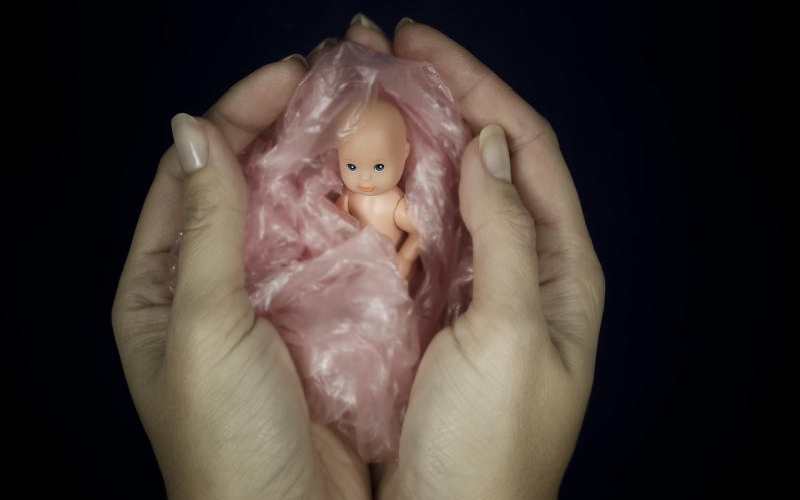×
The Standard e-Paper
Smart Minds Choose Us

In hush whispers, the message would be passed along from student to student. And on a Saturday afternoon, large numbers would troop into the hall, curious about the seemingly top-secret agenda of the meeting. However, the more important reason many would interrupt their weekend raves for a sit-down session in a lecture hall was due to the promise of the Sh500 that would be handed out for attendance.